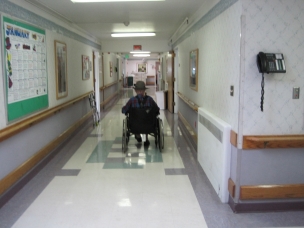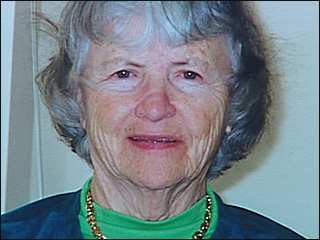From the New York Times:
A study from the Archives of Internal Medicine found that elderly people who take narcotic-based drugs for pain face an elevate risk of bone fractures, heart attacks and death than those who take a non-narcotic pain reliever. In what is considered the first large-scale effort to examine the safety risks associated with narcotic pain relievers, researchers concluded that narcotics were more dangerous than non-narcotics, contrary to popular belief.
“Doctors should not assume that opioids are a safer alternative,” said Daniel H. Solomon, the study’s researcher, said in a telephone interview on Monday. “They seem to carry profound risks to cardiovascular system as well as increased risk fractures and appear to be associated with increased risk of death.”
 California Nursing Home Abuse Lawyer Blog
California Nursing Home Abuse Lawyer Blog







 In Washington State, however, the
In Washington State, however, the 





